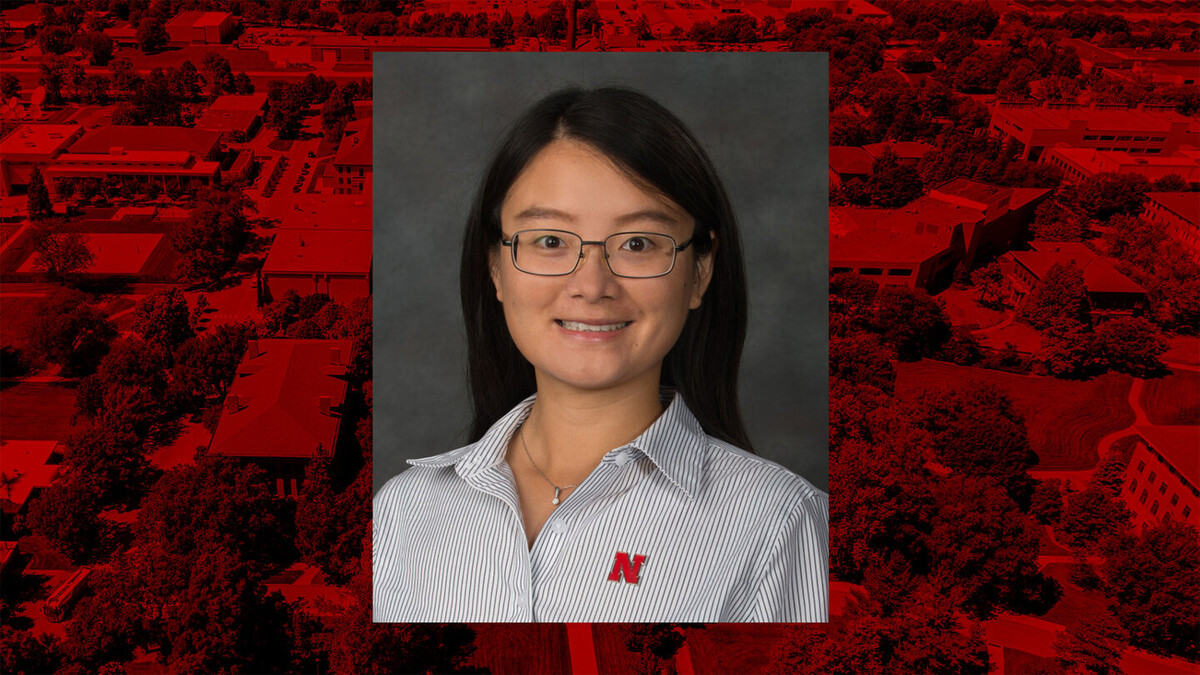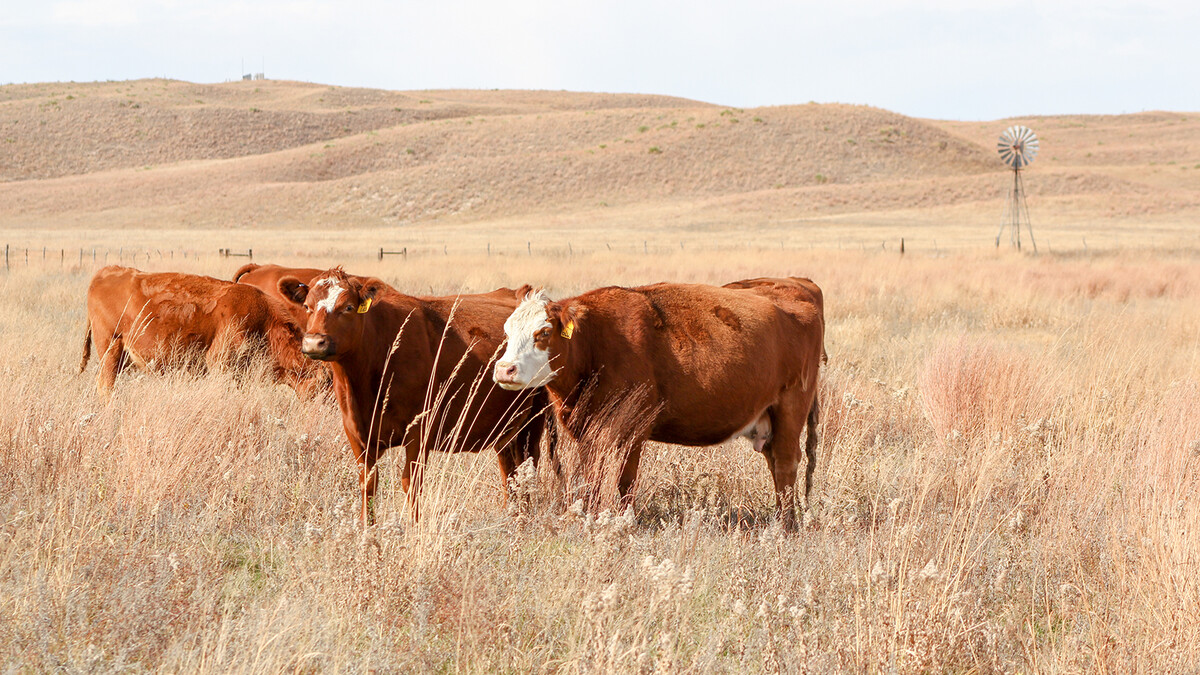Lincoln, Neb. —Graduate programs in the University of Nebraska-Lincoln’s Department of Biological Systems Engineering rank seventh in the nation according to new rankings by U.S. News & World Report. The score, up from eighth last year, puts the department ahead of several Big Ten peers, including Penn State, Ohio State, Michigan State, Wisconsin and Minnesota.
“Biological and agricultural engineers aim to improve the natural world,” U.S. News & World Report said in announcing the rankings, “working toward goals such as safer food, cleaner water and less polluted air. These are the top graduate engineering schools for biological/agricultural engineering.”
The department offers a doctoral degree in biological engineering and master’s degrees in agricultural and biological systems engineering and mechanized systems management.
David Jones, the department head, credits the diversity of the Biological Systems Engineering faculty and graduate students as a key factor for departmental success. “That’s relevant because that influences our graduate population and the way that we’re able to have an impact,” he said.
Another major help is the quality of the department’s on-campus facilities and UNL’s research and Extension centers across the state, Jones said. Additional pluses are participation in Extension’s on-farm research and collaboration with industrial and commercial partners as well as the University of Nebraska Medical Center.
“It is an honor to see our graduate program in biological systems engineering ranked among the top programs in the nation,” said Tiffany Heng-Moss, dean of the UNL’s College of Agricultural Sciences and Natural Resources. “The program’s outstanding faculty and staff, close collaboration with the Agricultural Research Division and Nebraska Extension, and partnerships with industry give students access to a wide array research and learning opportunities. It’s a truly unique program.”
The range of graduate study in the department is extremely wide. Examples include agricultural technology, robotics and automation, watershed protection, ecosystem restoration, irrigation engineering, precision animal management, biofuels, biomaterials, and biomedical engineering.
In the new U.S. News & World Report rankings, the department tied with Texas A&M University and the University of Illinois at Urbana-Champaign.
The department’s graduate committee, headed by Mark Wilkins, director of the department’s Industrial Agricultural Products Center and Nebraska Corn Checkoff Presidential Chair, makes special efforts to support graduate students beyond their work in the lab, Jones said: “Our departmental culture values the time and attention given to what we can do to help the students succeed based on the students’ definition of success.”
"It's gratifying," Jones said, "that people are recognizing that our faculty and students are working on important things and that they're having an impact because of their work."
Geitner Simmons | IANR Communications
###







